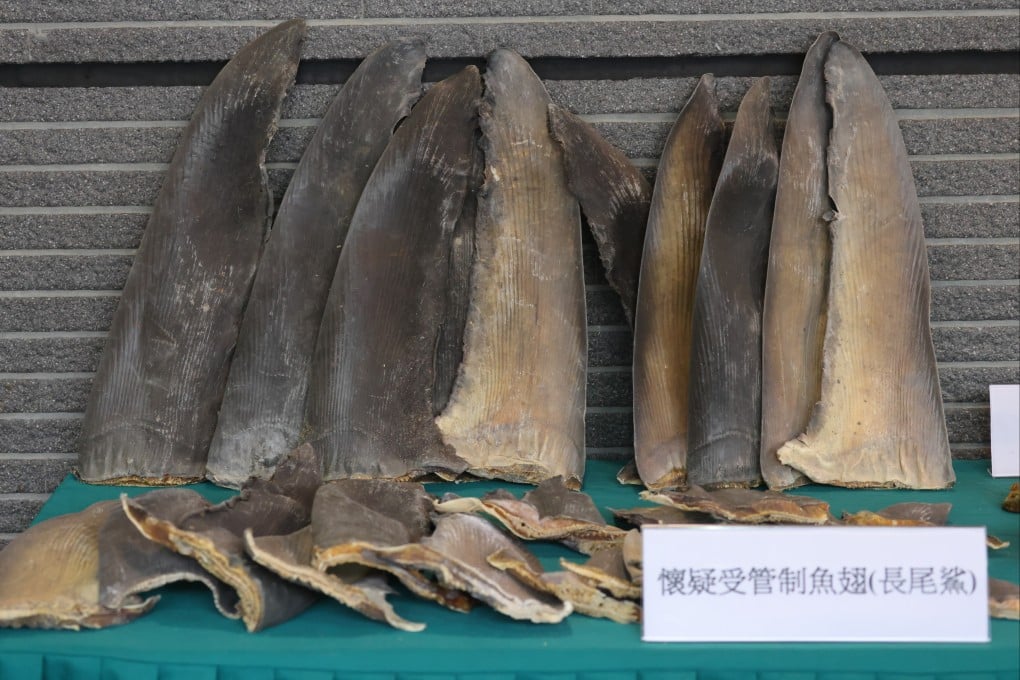Opinion | Hong Kong may be losing its taste for shark fin but illegal trade is still pushing species to the brink
- Shark fin soup’s attraction may be declining in Hong Kong, but the city remains a hub for illegal trading, with 29 tonnes of fins seized in 2020
- Increasing penalties for traffickers is crucial, but boycotting fin products further reduces demand and sends a clear message that consumers want sustainability

Do you remember the furore back in 2005 when the public learned that shark fin soup was to be included on the menu at Hong Kong Disneyland?
So why is it legal to trade in some shark or ray fin but not others? It comes down to the Convention on International Trade in Endangered Species of Wild Fauna and Flora, or CITES. Forty-three species of sharks and rays can only be traded internationally if the exporting country issues a CITES permit certifying that fishing is not endangering the survival of the species.
Compared to other fish species, sharks and rays are especially vulnerable because many are slow-growing and slow to reproduce. The CITES restrictions on trading them reflect global concerns that the demand for shark and ray products (mostly fin and meat) is driving population decline. Hong Kong is still a global hub for this demand and for re-exporting to mainland China and Vietnam.
Most of the fin seizures in Hong Kong are of CITES-listed species being smuggled in without the necessary permits. In the first 10 months of last year, more than 15 tonnes of shark fin were seized. The fins were coming from more than 14 countries, including Mexico, Sri Lanka, and a number of African countries.
These huge smuggling operations indicate that the demand for shark and ray fin in Hong Kong and the markets it exports to far exceeds what is available legally, and that there are big profits to be made by meeting that demand.

